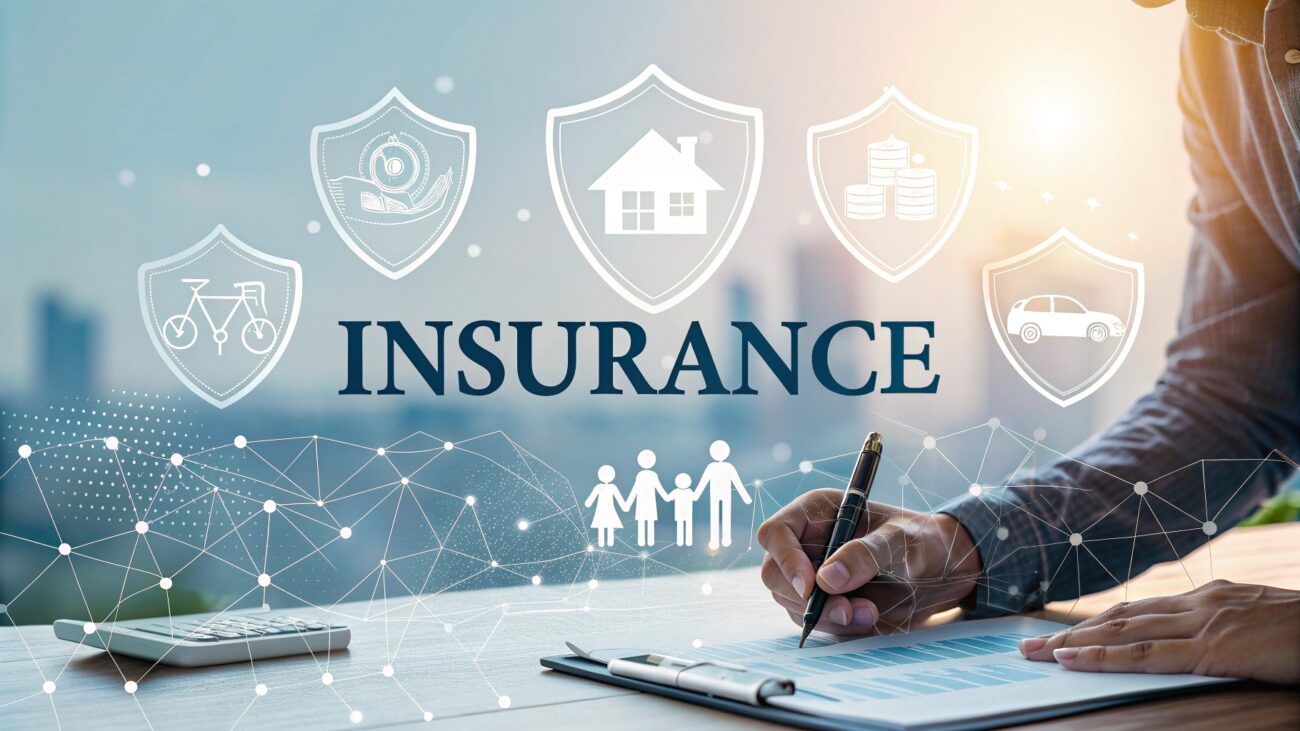Understanding premise liability insurance is essential for property owners, business operators, and even renters. This type of insurance protects against claims resulting from injuries and accidents that occur on your property. Whether you’re managing a commercial space or your home, knowing how this coverage works can save you money and legal headaches.
What is Premise Liability Insurance?
Premise liability insurance provides coverage for property owners who may be held responsible for accidents that happen on their property. This insurance safeguards against legal claims and can cover costs related to:
- Medical expenses for injured parties
- Legal fees
- Settlement costs
Why Do You Need Premise Liability Insurance?
Property owners need this insurance due to the risks associated with injuries that can happen on their premises. Here are some reasons why you should consider getting it:
- Protection Against Lawsuits: Claims can arise from slips, trips, and falls. Legal costs can be exorbitant without insurance.
- Peace of Mind: Knowing you’re covered can minimize stress when hosting events or managing a busy establishment.
- Compliance: Certain states or landlords may require it as part of leasing agreements or property management.
Common Scenarios Covered by Premise Liability Insurance
This insurance can cover a variety of incidents, including:
- Slip and Falls: Wet floors or uneven pavement can lead to serious injuries.
- Inadequate Security: If a visitor is injured during a robbery, you may be held liable.
- Dog Bites: If your pet causes injury to a visitor, you might be responsible.
Factors Affecting Your Premium
Several factors can influence how much you pay for premise liability insurance:
- Location: Areas with high crime rates or higher foot traffic often have higher premiums.
- Type of Business: Certain businesses are viewed as higher risk, affecting your rates.
- Claims History: A history of previous claims can increase future premiums.
How to Obtain Premise Liability Insurance
Getting premise liability insurance is straightforward:
- Assess Your Needs: Determine the level of coverage you require based on your property and business activities.
- Shop Around: Compare quotes from multiple insurance providers to find the best rate.
- Read the Policy: Carefully review the terms and conditions to understand what’s covered.
Frequently Asked Questions
What does premise liability insurance not cover?
Typically, this insurance does not cover intentional injuries, employee injuries (which may require worker’s compensation), or certain natural disasters.
Can renters get premise liability insurance?
Yes, renters can secure a form of this insurance, often called renters’ insurance, which covers personal liabilities while renting a home or apartment.
Conclusion and Practical Takeaway
In summary, premise liability insurance is a crucial safety net for anyone responsible for a property. It protects against significant financial loss from unexpected accidents. Evaluate your needs and consult with an insurance expert to secure the right coverage for peace of mind.
If you’re ready to get started on your policy, contact an insurance provider today to get a quote!
